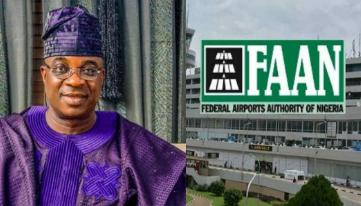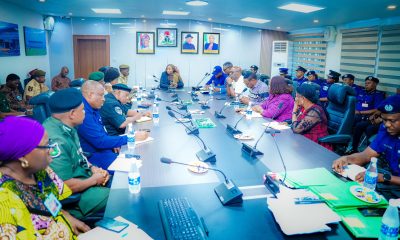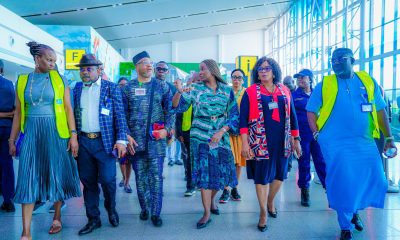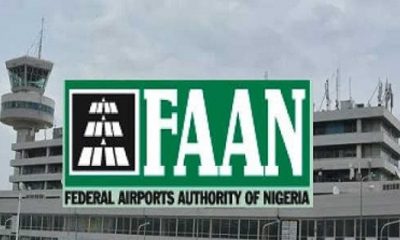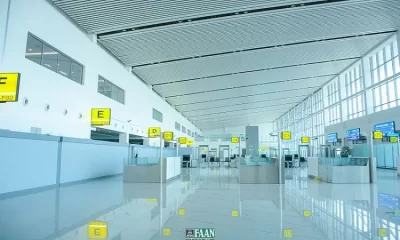…calls for privatization of the agency
Isaac Tersoo Agber
The Managing Director of Bi Courtney Aviation Services Limited (BASL), concessionaire of the Murtala Muhammed Airport Terminal Two (MMA2), Lagos, Mr. Christophe Penninck, has lambasted the Federal Airports Authority of Nigeria (FAAN) for being incompetent to effectively manage the nation’s airports.
Pennick has called on the Federal Government to consider privatizing the agency urgently or render it a registry agency for other concessionaires but not an authority with the regulatory onus to check and impose undue regulations on other concessionaires.
He suggested that the Federal Airports Authority should either become Federal Airports of Nigeria (FAN) or Federal Airports Company of Nigeria (FACN) and not an authority anymore as presently constituted.
He explained that the agency cannot present good performance, not transparent with their revenue, tenders and hiring processes, adding that FAAN cannot prioritize on the essentials such as: maintenance of current terminals, securing power/electricity, runway upgrades and that there is no drive to seek for new airlines or support stakeholders.
On the benefits of privatizing FAAN, he said that there would be improvements in infrastructure, there would be better relationship with stakeholders in the industry, dividend to the Federal Government and states, depending on the model.
Other benefits that would accrue from privatizing FAAN, according to Pennick, also include “improved image for Nigeria; it would provide platform for airlines to grow and be profitable and would also bring increased efficiency.”
Penninck stated this while presenting a paper titled, “Airports of the Future: The Model For Nigeria” at the Nigeria Travel Mart (NTM) 1st Anniversary Colloquium with the theme, “Leapfrogging Nigerian Aviation To Match Her Potential” on Tuesday, December 8, 2015.
He also blamed the Federal Government for granting multiple entries to foreign airlines when the country lacks virile airlines and good airports. According to him, it was too early for government to grant such generosity at the detriment of indigenous airlines, which are struggling to carve a niche in the industry against major competitors. He observed that there were many challenges facing the Nigerian aviation, which have stunted the growth of the industry and the government is failing to arrest such challenges head on.
The BASL boss enumerated other factors bedeviling growth of aviation in Nigeria to include lack of constant electricity, numerous legal issues tampering with development, high taxes on importation of equipment and spare parts and unavailability of foreign currency.
Other challenges listed by Penninck include too many airports; most of which are not viable, poor road infrastructure and uncoordinated system for cargo exports and imports.
He wondered why some international airlines would be operating into multiple gateways, adding that this also contributes to the challenges the country’s aviation is facing. On what Nigeria Model is, the Chief Executive Officer, stated that only four airports were viable and profitable out of the country’s 22 airports. He mentioned Lagos, Abuja, Port Harcourt and Kano airports as the only ones getting more attention of foreign airlines.
He called on the government to take serious measures to either upgrade or close down other airports, adding that if closed, they could be handed over to states for socio-economic reasons or closed completely.

 Health5 days ago
Health5 days ago
 Entertainment7 days ago
Entertainment7 days ago
 Crime6 days ago
Crime6 days ago
 Education1 week ago
Education1 week ago
 Health1 week ago
Health1 week ago
 Comments and Issues7 days ago
Comments and Issues7 days ago
 Football7 days ago
Football7 days ago
 Latest6 days ago
Latest6 days ago

